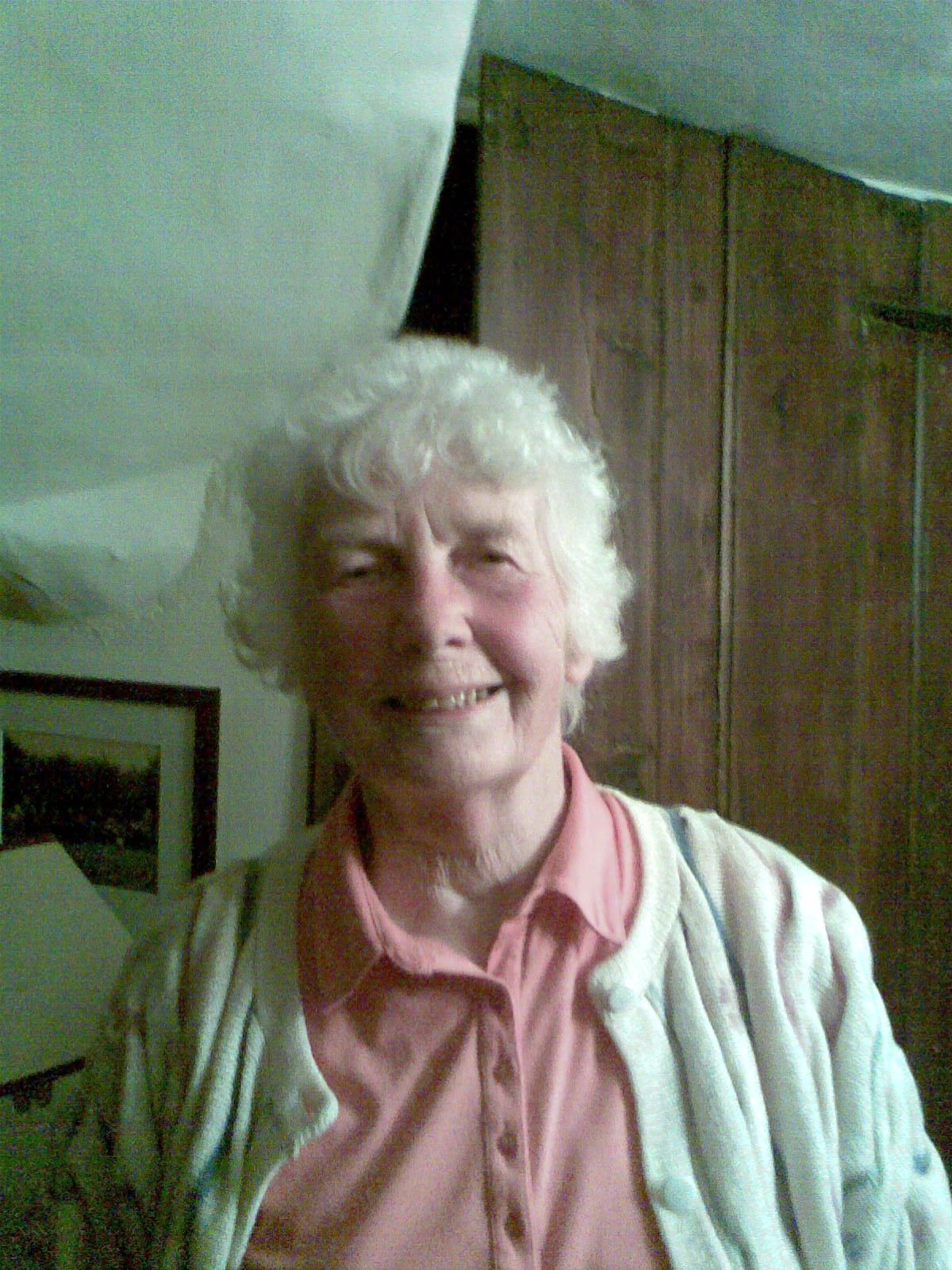 This piece will take the History / His Story split into the clinical world and look at the nature of stories. Churchill observed that “History is always written by the winners.” This holds good in the personal realm as well as the public one. I see many patients who come with a version of their history written by the “winning” part of their psyche .This is often a highly edited version of their history written by a depressed part of them. Or by a part desperate to continue a story about their idyllic childhood. People do have lovely, happy, good enough childhoods. These people, however, do not usually end up in a succession of damaging relationships with partners who seem set on destroying them. Nor do they try to commit suicide, get involved in abusing drugs and alcohol or have multiple sexual partners. (It is always an uncomfortable moment when I bring together the stories my patients tell me about their blissful childhood and the biography they tell me week after week. Two worlds collide and tears often follow.)
This piece will take the History / His Story split into the clinical world and look at the nature of stories. Churchill observed that “History is always written by the winners.” This holds good in the personal realm as well as the public one. I see many patients who come with a version of their history written by the “winning” part of their psyche .This is often a highly edited version of their history written by a depressed part of them. Or by a part desperate to continue a story about their idyllic childhood. People do have lovely, happy, good enough childhoods. These people, however, do not usually end up in a succession of damaging relationships with partners who seem set on destroying them. Nor do they try to commit suicide, get involved in abusing drugs and alcohol or have multiple sexual partners. (It is always an uncomfortable moment when I bring together the stories my patients tell me about their blissful childhood and the biography they tell me week after week. Two worlds collide and tears often follow.)
The original sense of “History” was not of a recording of events per se. I “did” the Tudors and the Stuarts at ‘O’ level and learned almost nothing that seemed important about them. I don’t know if Henry VIII was a good man or not. I have no idea what kind of man James 1st might have been. I learned the dates of their reigns but nothing much else. This kind of history seems soulless to me. The original meaning of “History” is that of a narrative, a story. This meaning in its turn is linked with the idea of a wise man using stories to discover a truth – much more akin to stories in counselling. There is rarely one overarching story in therapeutic work. One can say “Yes. That was abusive” or “That must have felt unfair.” One cannot give an overall meaning to a history. Any event has to be visited and re-visited to begin to come to terms with it. This then has to fit into the rest of the story of my patient’s life. This is the benefit of long-term work. One can work through the issues that are problematic and resolve them.
How do these two blogs fit? I said that I found the idea of History being written as His Story problematic. It imposes one overarching interpretation on history. History as God working His purpose out. God is behind the major events in our world and is using them to teach and train His people. (I’m not sure how one is supposed to react if one doesn’t see oneself as fitting into this category.) As I said earlier, if I was a displaced [person living in a refuge camp I’m not sure how much comfort I would draw from a fantasy that this was, somehow, the will of God.)
So I think I’ll carry writing and thinking of History as just that. History. Not His Story. It means more uncertainty. More muddles. But that’s where I think I’ll find truth along with my patients.
Don't give up







